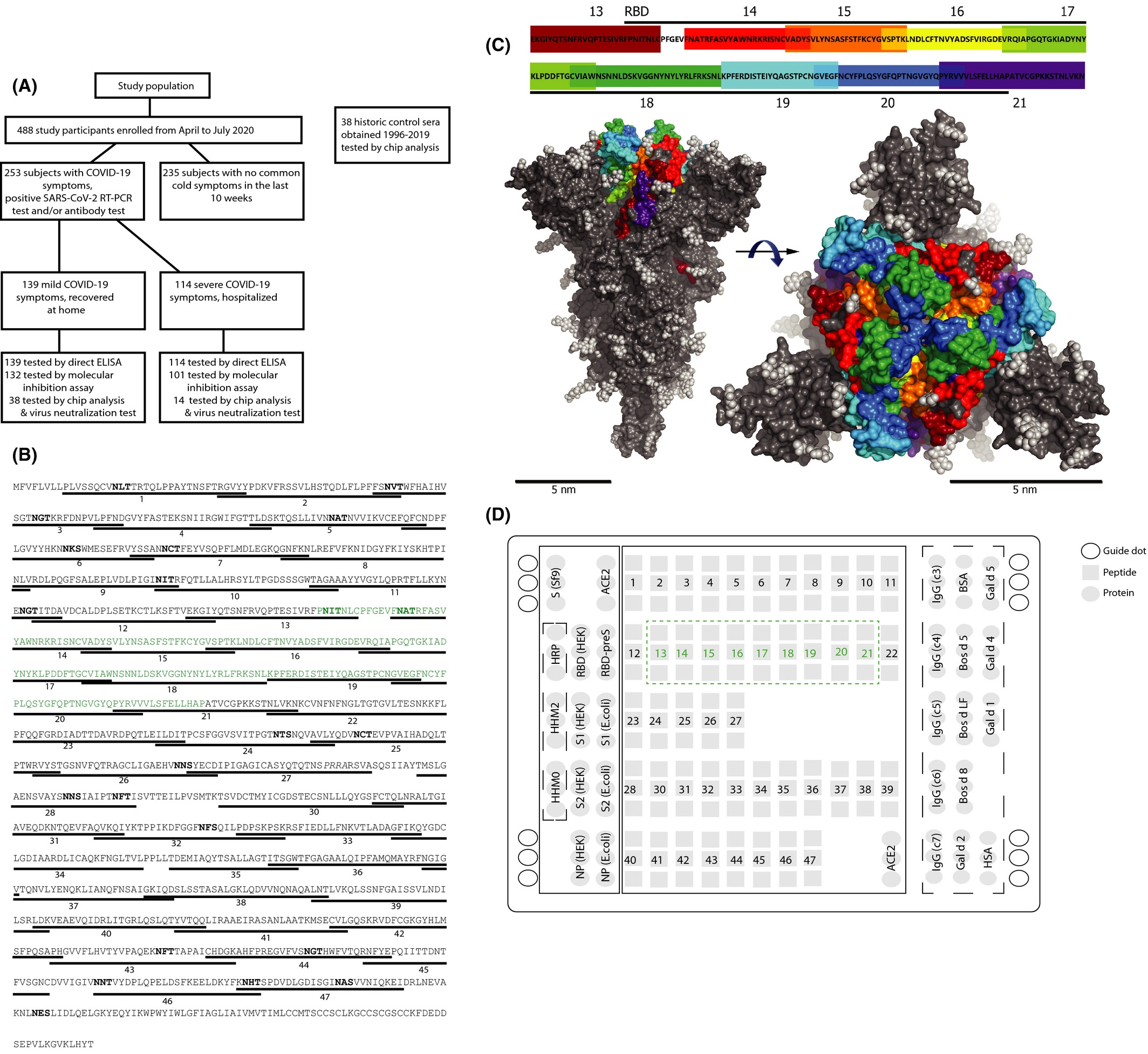News of Prof. Valenta group
Dear colleagues!
Research group of the President of UNINIMAI Prof. Rudolf Valenta from the Medical University of Vienna has issued a press release to publicly share the results of their study of immune defense of individuals recovered after COVID-19.
The paper with the most important conclusions from the research has been published in the Allergy journal. We kindly invite you to familiarize yourself with the abstract as well as full text of the study.
Neutralization of SARS-CoV-2 requires antibodies against conformational receptor-binding domain epitopes
Pia Gattinger 1, Katarzyna Niespodziana 1, Karin Stiasny 2, Sabina Sahanic 3, Inna Tulaeva 1 4, Kristina Borochova 1, Yulia Dorofeeva 1, Thomas Schlederer 1, Thomas Sonnweber 3, Gerhard Hofer 5, Renata Kiss 6, Bernhard Kratzer 7, Doris Trapin 7, Peter A Tauber 7, Arno Rottal 7, Ulrike Körmöczi 7, Melanie Feichter 7, Milena Weber 1, Margarete Focke-Tejkl 1 8, Judith Löffler-Ragg 3, Bernhard Mühl 9, Anna Kropfmüller 10, Walter Keller 11, Frank Stolz 6, Rainer Henning 6, Ivan Tancevski 3, Elisabeth Puchhammer-Stöckl 2, Winfried F Pickl 7 8, Rudolf Valenta 1 4 8 12
Abstract
Background: The determinants of successful humoral immune response to the severe acute respiratory syndrome coronavirus 2 (SARS-CoV-2) are of critical importance for the design of effective vaccines and the evaluation of the degree of protective immunity conferred by exposure to the virus. As novel variants emerge, understanding their likelihood of suppression by population antibody repertoires has become increasingly important.
Methods: In this study, we analyzed the SARS-CoV-2 polyclonal antibody response in a large population of clinically well-characterized patients after mild and severe COVID-19 using a panel of microarrayed structurally folded and unfolded SARS-CoV-2 proteins, as well as sequential peptides, spanning the surface spike protein (S) and the receptor-binding domain (RBD) of the virus.
Results: S- and RBD-specific antibody responses were dominated by immunoglobulin G (IgG), mainly IgG1 , and directed against structurally folded S and RBD and three distinct peptide epitopes in S2. The virus neutralization activity of patients´ sera was highly correlated with IgG antibodies specific for conformational but not sequential RBD epitopes and their ability to prevent RBD binding to its human receptor angiotensin-converting enzyme 2 (ACE2). Twenty percent of patients selectively lacked RBD-specific IgG. Only immunization with folded, but not with unfolded RBD, induced antibodies against conformational epitopes with high virus-neutralizing activity. Conformational RBD epitopes required for protection do not seem to be altered in the currently emerging virus variants.
Conclusion: These results are fundamental for estimating the protective activity of antibody responses after natural infection or vaccination and for the design of vaccines, which can induce high levels of SARS-CoV-2-neutralizing antibodies conferring sterilizing immunity.
Keywords: COVID-19; SARS-CoV-2; conformational epitopes; vaccine; virus neutralization.




